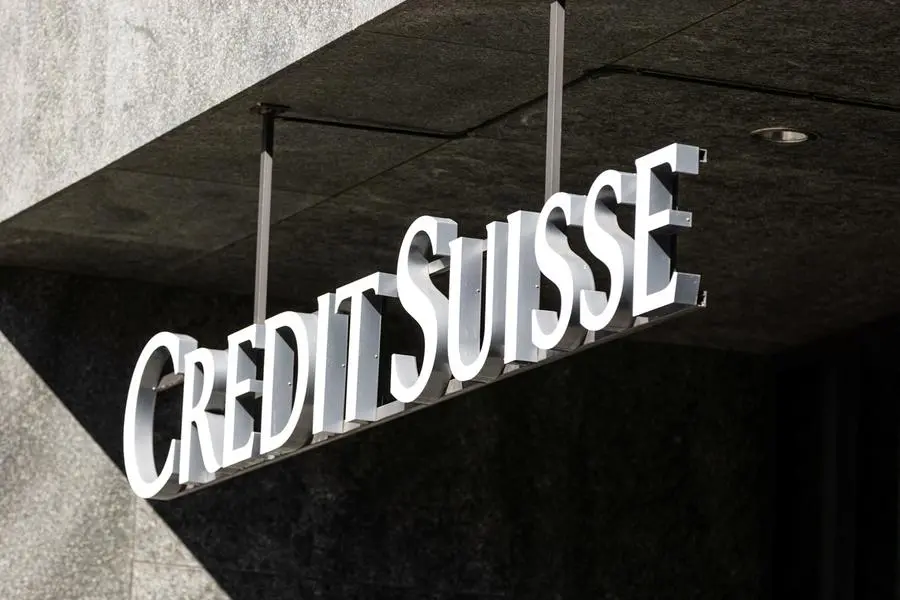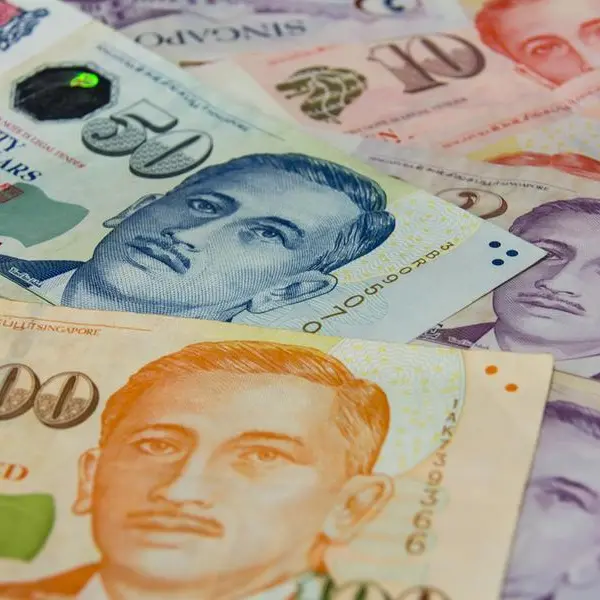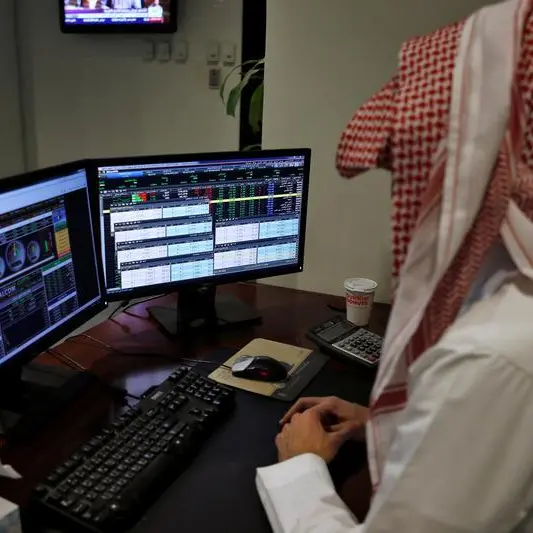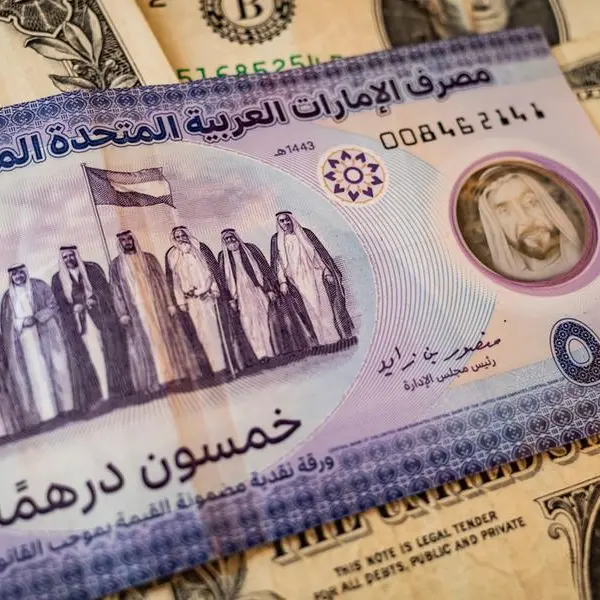PHOTO
PARIS - The biggest threat to the economic outlook is a credit squeeze that has not finished filtering through the financial system, two senior asset managers told a European equities conference on Wednesday.
For asset managers, hedge funds and traders gathered in Paris for the Tradetech equity trading conference, recession risks were a key talking point.
The failure of two U.S. lenders and the forced takeover of Credit Suisse roiled financial markets in March, and a sharp selloff in bank stocks tightened lending conditions further, raising concerns about a global downturn.
The "biggest threat" to the economy is a "true and visible credit crunch", Romain Boscher, chairman of the board at Fidelity Investments, which has about $4.5 trillion of assets under management, told the conference.
The International Monetary Fund last week trimmed its 2023 global growth outlook as higher interest rates cool activity but warned a severe flare-up of financial system turmoil could slash output to near recessionary levels.
Major central banks such as the U.S. Federal Reserve and European Central Bank have ramped up borrowing costs over the past year to curb an inflation surge not seen in decades.
"The economy has been assailed by lots of things at the same time. We have seen credit conditions tighten dramatically in the past month or so," said Shamik Dhar, chief economist at BNY Mellon Investment Management and a former Bank of England (BoE) official.
An added danger, said Dhar, was any remaining question, particularly in Britain, that inflation might be transitory. Higher rates should be a permanent expectation, he said.
Britain was the only country in western Europe with double-digit inflation in March, data showed on Wednesday, bolstering bets the BoE will raise rates again in May.
The Fed too is expected by traders to lift rates by 25 basis points (bps) to a range of 5.00%-5.25% when it unveils its next rate decision on May 3.
"The Fed was too slow to move. The transitory story went on for way to long. What the Fed has done since is to catch up - and catch up pretty effectively," said Dhar.
Dhar said if credit conditions tightened enough, the U.S. would slip into a recession in the second half of the year.
Fidelity's Boscher said there would be a visible slowdown in the United States and Europe, with a soft landing for the economy possible if growth in emerging markets and China holds up.
Harsher economic conditions and higher rates have changed priorities for asset manager portfolios, both said.
Fixed income has become the asset class of choice, said Dhar.
Having surged over 200 bps last year as inflation and rates rose, the U.S. 10-year Treasury yield has slipped 20 bps this year as traders position for a weaker outlook.
Equities are still an effective hedge, said Boscher, at least compared with government bonds.
(Reporting by Nell Mackenzie; Editing by Dhara Ranasinghe and Mark Potter)





















